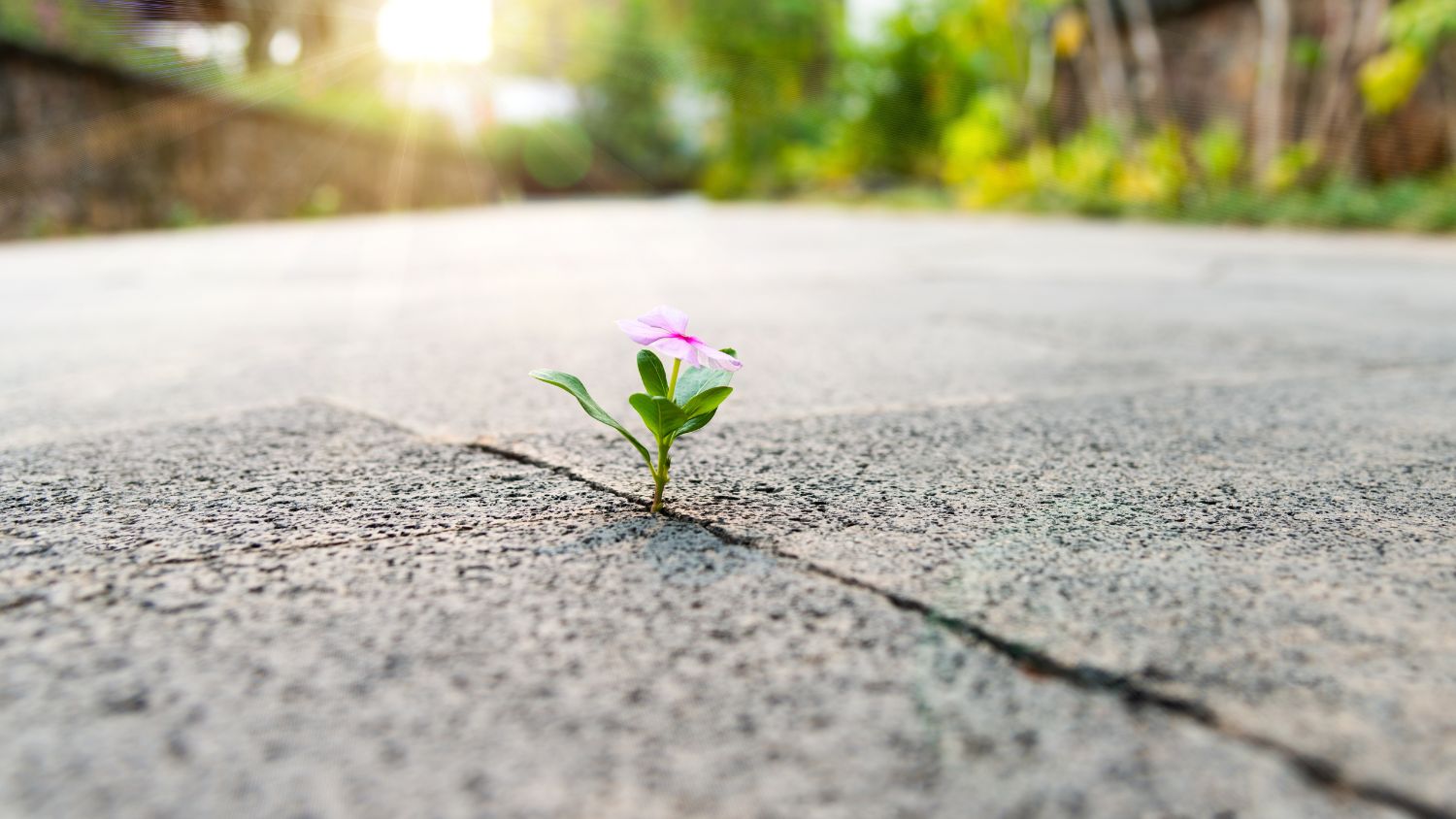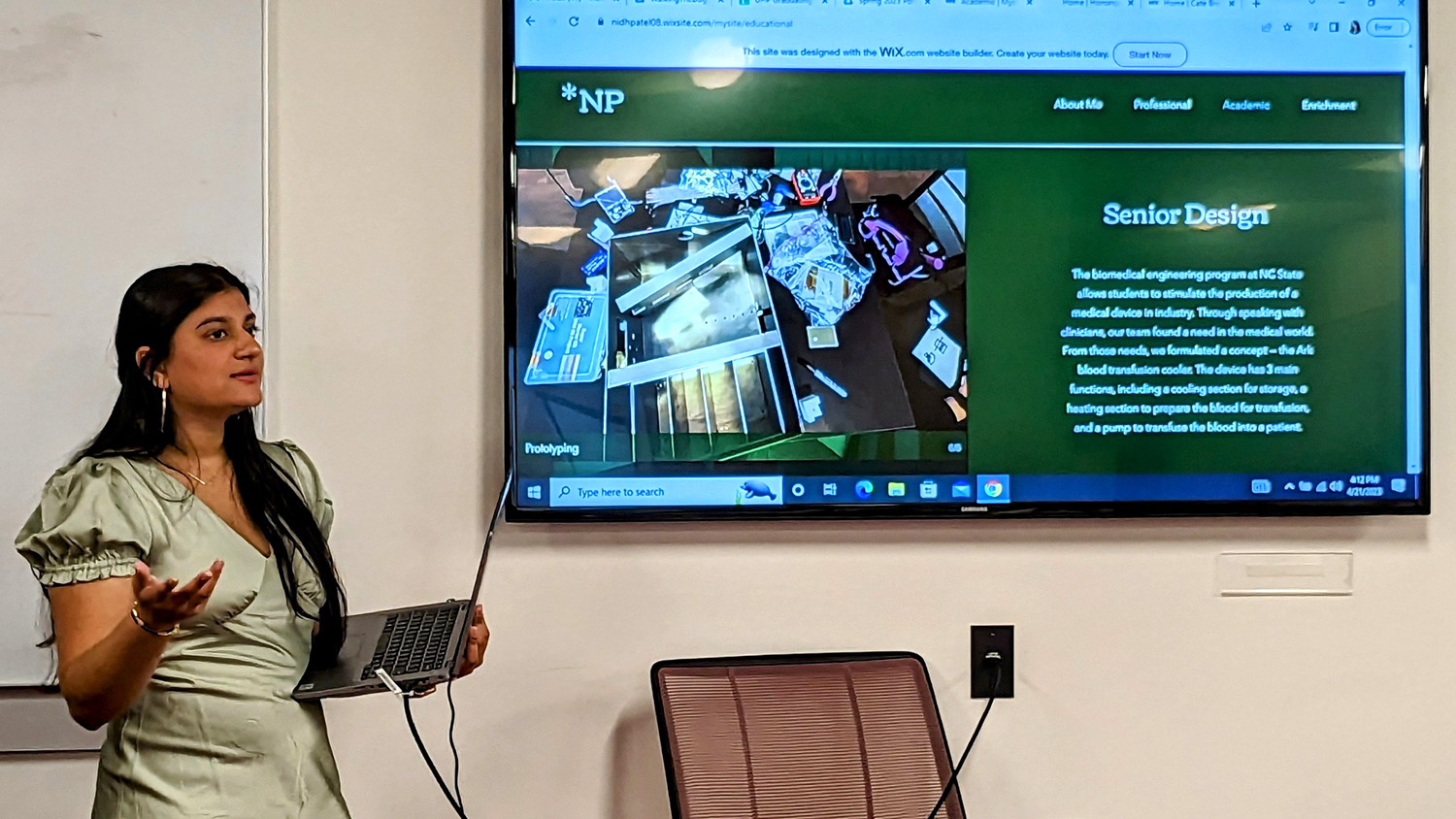Wellness Wednesday: Resilience
Struggle and failure are a natural part of the learning process. Resilience is the tool used to overcome them.

As we enter the fourth week of classes in the fall semester, some students may find the adjustment to their academic workload more difficult than others. Overcoming these difficulties is not a matter of intelligence, but of resilience. Resilience is defined as one’s ability to bounce back from hardships and overcome adversity. Students often perceive struggling and failure as an indicator they need to switch majors, but in reality, failure is a natural part in the process of learning.
The National Center for Biotechnology Information explains that students who possess higher resilience are associated with having a better overall well-being, higher academic performance, lower depression rates and greater ability to handle high-stress situations than their peers.
Resilience is not a trait some people possess and others don’t. Being resilient is a skill that is developed as we face struggles and conquer them. As we grow and become stronger, so does our ability to be resilient. How can we cultivate resilience in order to feel confident that we will be okay in the ups and downs of life? The Mayo Clinic lists some ways we can endure hardship.
Establish a support system: The friends and family you surround yourself with influence your outlook on life’s struggles. Ensure you have people who will build you up and encourage you. Having people you can lean on when you feel defeated helps shift your mindset to keep going. Sometimes when we are unable to see our own strength, it takes a friend to remind us of our capabilities.
Find significance in your day: Finding purpose in our lives reminds us what really matters and allows us to see the bigger picture. It is easier to keep going when reminded of the future you are striving for. Set achievable, daily goals to feel accomplished and proud of yourself. Confidence is interwoven with resilience, so this is important to build, as well.
Learn from experiences: Think back on how you have dealt with hardships in the past and how you have overcome challenges. Reflect on the skills you have previously utilized and actions you took to come out the other side, stronger than before. Perceiving failure as a learning experience greatly alters our perspective on situations, making it easier to persevere.
Stay positive: You may not be able to change the past, but you can use it to analyze your life now and learn from previous experiences. Accepting that struggle and change is a part of life can help you adapt to life’s chaos more easily. It can also help alter your perspective on challenges so you can handle them with less stress and anxiety.
Prioritize self-care: In order to succeed through challenges and reach goals, you must make the time to stay mentally and physically healthy. Find time to do things you enjoy and activities you look forward to in difficult moments. Get involved in activities and workshops on campus. Wellness and Recreation hosts group wellness coaching sessions that can help you reach your goals in a healthy way. Topics range from mindfulness, time management, study planning and nutrition and are great opportunities to harness your strengths to overcome daily challenges.
Resilience is a crucial skill to develop, especially for college students, in order to better combat fear and struggle. Becoming more resilient takes time, but adjusting our perspective on challenges helps us grow stronger to meet the obstacles that come our way. Resilience is not the act of avoiding adversity, but the ability to use a situation to your advantage to grow and succeed.
- Categories:


